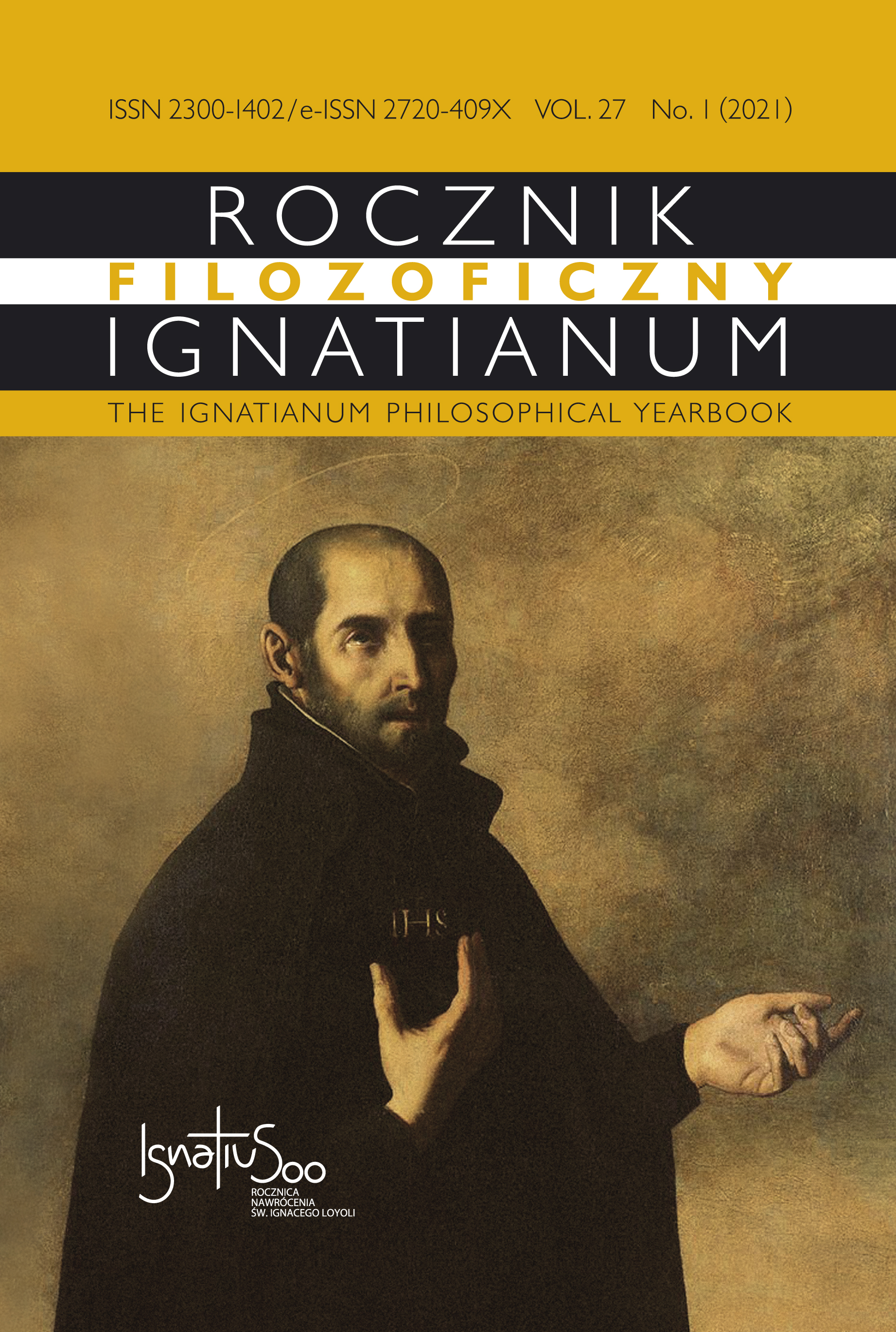The Classical Inspirations in “The Połock Monthly” Published by the Jesuit Połock Academy in 1818–1820
Abstract
“The Połock Monthly”, a periodical published by the Jesuit Academy of Połock in Belarus (White Russia) in 1818–1820, was a courageous attempt undertaken by the professors of the college to participate in the culture war of that period in which the crucial point of disagreement was the education of young people in Poland. Unlike other universities and academies which promoted the Enlightenment curriculum, the Jesuits from Połock were determined to cultivate their own educational tradition as it was outlined in the ratio studiorum. In other words, they believed that a firm rooting and grounding of students in the Greek and Latin traditions would produce good citizens and virtuous people. The aim of article is to describe and discuss the classical themes and inspirations as they were presented in “Miesięcznik Połocki”. Altogether, we have about thirty different works referring to the classics, either in its form or content, including several translations into Polish from the Ancient Greek and Latin languages. The most famous one published in the journal is the complete translation of Euripides’s Orestes undertaken by Father Jan Mihanowicz SJ. The journal was a short-lived endeavour as it existed only for two years and was terminated with the expulsion of the Jesuits from Belarus in 1820. Yet even though the professors and alumni of the Połock Academy were scattered throughout the countries of Europe and other continents, they carried on the classical spirit to other schools and continued their scholarly and pedagogical work in Tarnopol, Stara Wieś, Vienna, Fribourg, Rome, Beirut and Georgetown.
Copyright (c) 2021 Jesuit University Ignatianum in Krakow

This work is licensed under a Creative Commons Attribution-NoDerivatives 4.0 International License.
The Yearbook only accepts materials for publication that are free of all conflicts of interest, and that in no way involve conflicts over authorship, copyright, etc. The Editors will take action against any cases of plagiarizing, ghostwriting1, guest/honorary authorship2, etc. Where co-authored work is concerned, the Author listed first is expected to take responsibility for the submission, and is required to make clear the contributions of all of the Co-Authors involved. In the event of the publication owing its existence to funding dedicated to this purpose, this fact should be made clear: e.g. in any note of thanks/acknowledgement, or in a footnote, etc. Explicit notification should be given of any form of reprinting, with the appropriate evidence of permission to publish being furnished as required. Any impropriety on the part of Authors/Reviewers risks exposing them to appropriate responses from the relevant institutions.
______
1 This term refers to instances of a person who has made an essential contribution being omitted from the list of authors, or from notes conveying gratitude and/or acknowledgement.
2 This occurs when a person who has made either an insignificant contribution or no contribution at all nevertheless appears on the list of authors.





